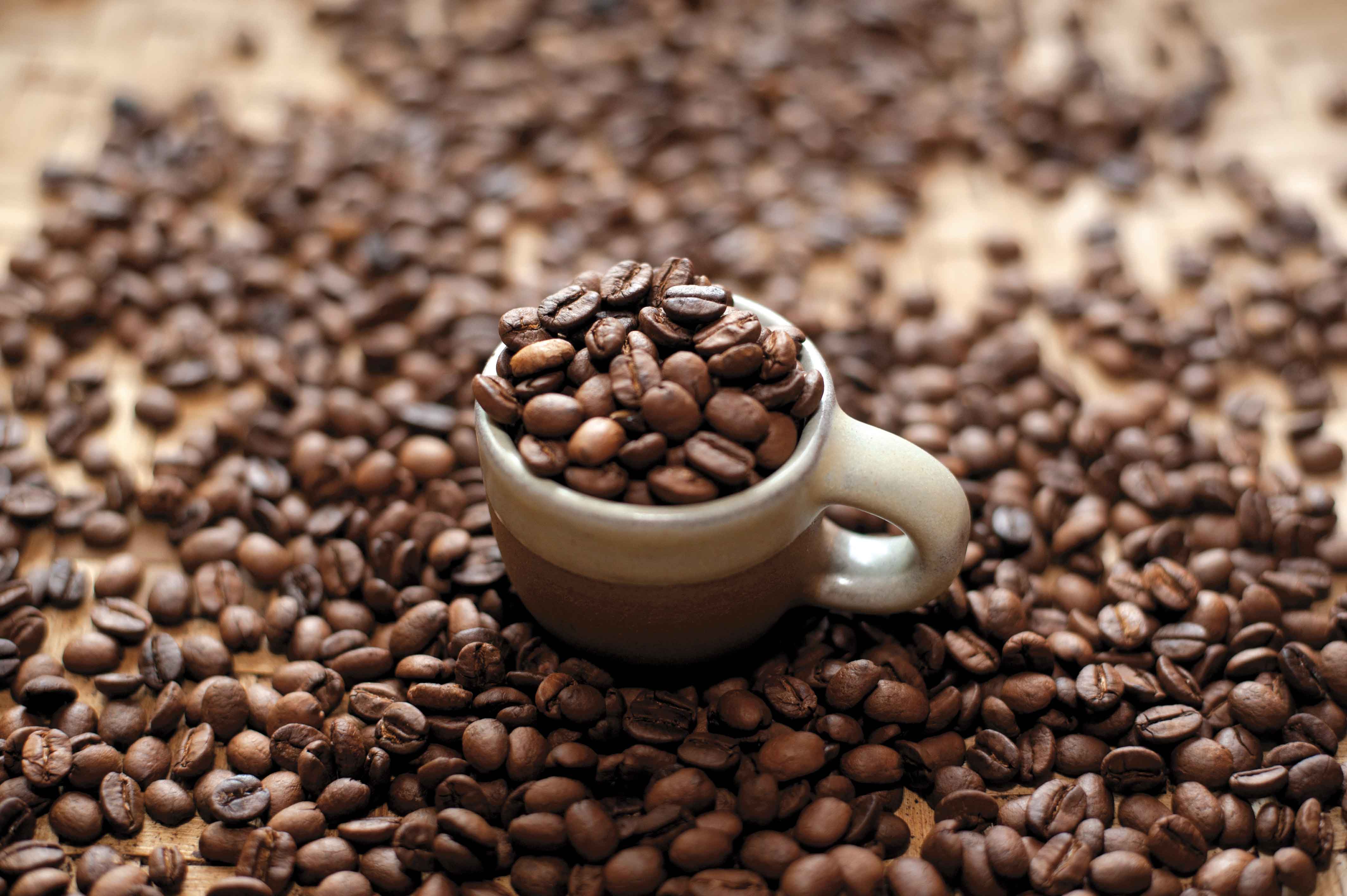Drink coffee? Tea? Fizzy colas?
Regardless, you are surely among the 90% of the world’s inhabitants who consume caffeine in one form or another. Drinking coffee, tea and colas is most popular. Long haul truckers do it, students cramming the night before a big exam do it, and writers do it early each morning before tapping out a dose of prose. It’s a big bold cuppa dark roast espresso for me, thank you.
Why do we do it? To keep awake and perky, of course. And, it tastes good. It’s relaxing (in moderation). And science tells us that caffeine has many other important effects on us, as well. To find out what else is good and to dig up some grist for this essay, I searched ‘ScienceDaily’ online for “caffeine effects” and, Wallah! - up came a long list of recent headlines describing the effects of caffeine on body, brain (and soul?). Some findings are encouraging. And some are worrying; but only a bit, ’cuz surely the positives outweigh the negatives.
 The discouraging headlines first: · “Coffee and Tea During Pregnancy Affect Fetal Growth,” · “Late Afternoon, Early Evening Caffeine Can Disrupt Sleep at Night”, and · “Caffeine Consumption Slows Down Brain Development”... Whoops!
The discouraging headlines first: · “Coffee and Tea During Pregnancy Affect Fetal Growth,” · “Late Afternoon, Early Evening Caffeine Can Disrupt Sleep at Night”, and · “Caffeine Consumption Slows Down Brain Development”... Whoops!
I felt better reading these more encouraging ones: · “Caffeine ‘Can Significantly Protect Against Crash Risk’ for Long Distance Heavy Vehicle Drivers”, · “Coffee and Tea May Contribute to a Healthy Liver”, · “Researchers Abuzz Over Caffeine as Cancer-Cell Killer,” and · “Coffee May Help Perk Up Your Blood Vessels”... Super!
Then this more provocative headline caught my eye: “It’s All Coming Back to Me: Researchers Find Caffeine Enhances Memory.” Apparently I wasn’t the only one who got a buzz out that lede (journalist jargon for a great starter), for almost overnight the Internet was agog with follow-up stories posted by inspired writers (probably high on caffeine) for whom enhanced memory is important.
Here’s how it works.
“We’ve always known that caffeine has cognitive-enhancing effects,” writes one scientist, and now “We report for the first time a specific effect of caffeine on reducing forgetting over 24 hours.” The process is fairly straight forward. The memory center in the brain, the hippocampus, is like a great “switchbox for all short-term and long-term memories” as someone has put it. It’s where memory is consolidated. Now, remember that term - “memory consolidation.” Then, scarf down a cuppa java and come back in the morning (you’ll know why in a moment).
With that in mind, a lab full of scientists set out recently to toggle the mind’s memory switch. First, they hired university students to be their ‘lab rats’ who were shown several stimuli - an empty jar, a flower, a saxophone. After that they were given a 200 milligram dose of caffeine or a placebo with no caffeine, though only the scientists knew who got which pill. (200 milligrams is equivalent to one cup of strong coffee.)
The students were then sent home and told to get a good night’s sleep. Next morning at the lab they were each shown a new set of stimuli - a jar with jam in it, a flower, a rubber duck. This time they were asked to identify which new stimuli were the same as, similar to, or different from what they had seen the day before. Those who had taken caffeine scored high in remembering what they’d seen, while those on the placebo didn’t do as well.
From this, the scientists concluded that caffeine appears to sharpen the recall of details by enhancing memory consolidation. (We wondered about the research methods, but won’t bore you here.)
So, what to do? For the writer at least, it seems that after you’ve concluded an interview or made observations that you want to write about, go out and order your favorite good, strong coffee-latte, or dark tea. Then hope it works to increase your recall, boost your cognitive capacity, and make you a better scribe.
That 90% of the world’s population consumes caffeine is from the U.S. Food and Drug Administration. You can read the article ‘It’s all coming back to me now...” and the other headlined stories at www.ScienceDaily.com. The original research is by Daniel Borota, et al, in ‘Post-Study Caffeine Administration Enhances Memory Consolidation in Humans’, published on January 12 in Nature Neuroscience, 2014; online at http://dx.doi.org/10.1038/nn.3623.
The Spilled Ink writer (on a caffeine high) can be contacted at don.editor@gmail.com.









